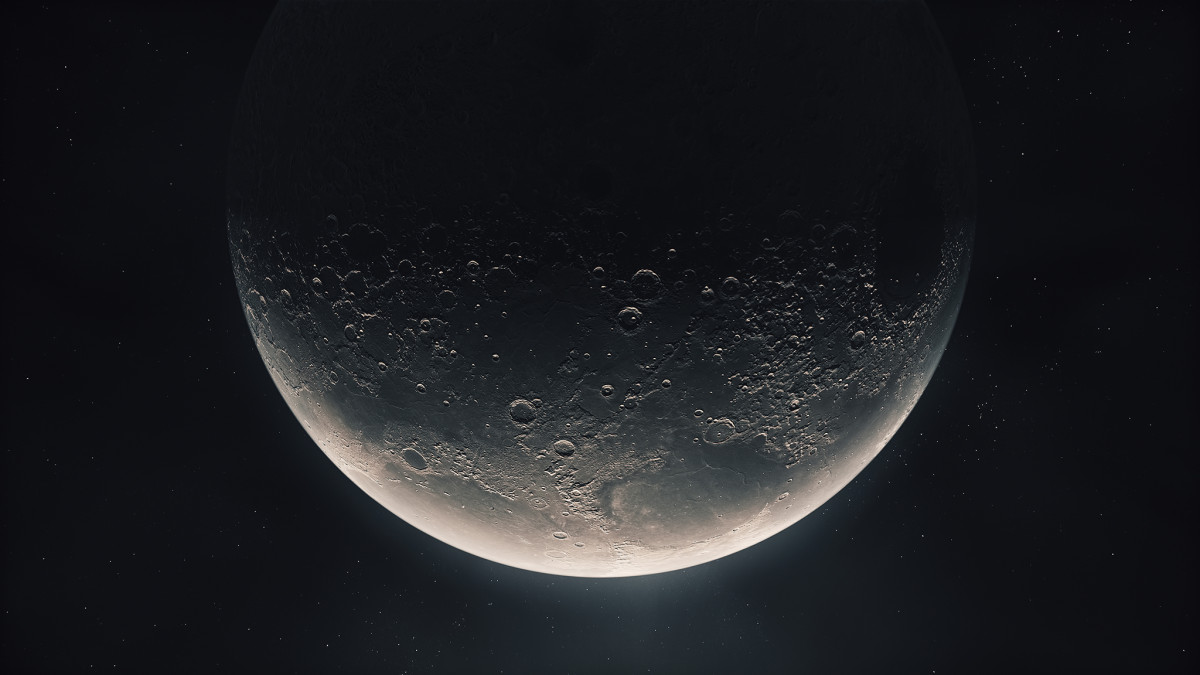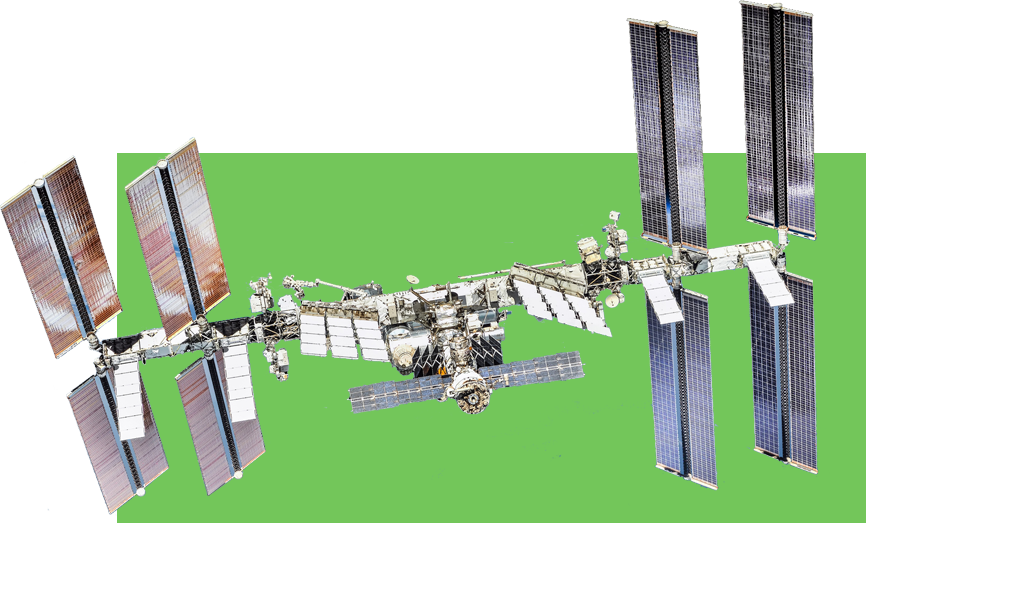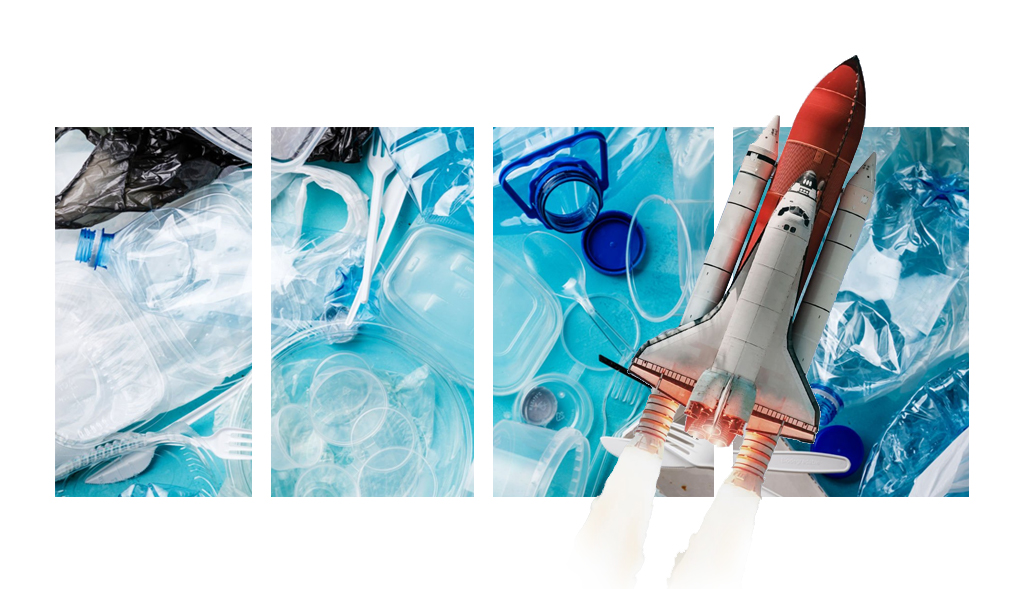
Milestone Round submissions are due January 22, 2026 at 4:00 p.m. Eastern Standard Time.
NASA has awarded $850,000 in Phase 1 of NASA's LunaRecycle Challenge!
The agency recognized 17 teams from 9 U.S. states and 5 countries as Phase 1 winners via a livestreamed announcement on June 10, 2025.
The University of Alabama is proud to serve as the affiliated organization for this challenge, in partnership with NASA and AI Space Factory.
Read more about the winners here: https://news.eng.ua.edu/2025/06/innovators-from-9-u-s-states-4-countries-win-phase-1-of-nasas-lunarecycle-challenge/

Looking for additional resources to learn more about the challenge and compete? Here are the latest supplementary materials, FAQs, and webinar materials.
Need more? See our full Resources page.
(Proof of Insurance or Financial Responsibility Documentation Coming Soon.)

Challenge Registration and Milestone Round Submissions are open!

Sign up with your email address to learn more about NASA's LunaRecycle Challenge.